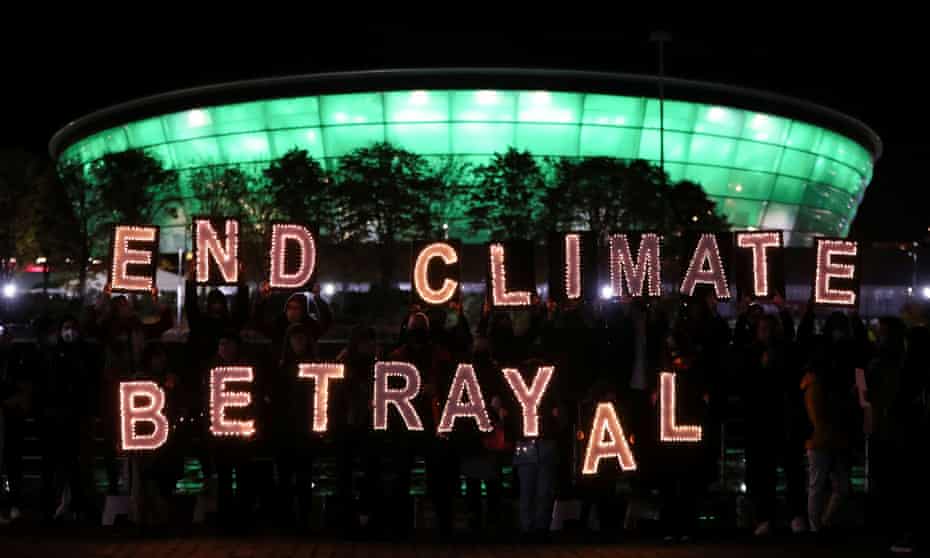The grim stakes of climate crisis for my generation are undeniable
Utopia is within our reach if we address the colonial, racist and oppressive roots of our current planetary crisis

Young people know that our generation already disproportionately feels the effects of the climate crisis. Almost all of the intense heatwaves that have hit Europe since 1950 occurred during my lifetime. It’s likely they will only get worse.
Unfortunately, Poland, where I live, has clung to an energy model driven by burning fossil fuels for too long. This irreversible destruction violates our right to life, health, property and values of the natural world. That is why at 17 years old, I decided to take the Polish government to court in June 2021 over its failure to act on the climate crisis.
The grim stakes for my generation are undeniable. It has been more than five years since world leaders pledged to limit global warming to 1.5C. Since then, emissions have continued to rise, and according to the International Energy Agency emissions will hit a record high by 2023 if green recovery fails. The newest report published by the Intergovernmental Panel on Climate Change states that human-caused emissions have already contributed to irreversible changes in our climate system, and are rapidly moving us toward an uninhabitable planet.
What we really need as world leaders gather for the Cop26 climate summit in Glasgow is a global system change. A world built on business as usual is clearly falling apart – it has already for the most vulnerable.
The world economy is reliant on constant growth and human exploitation in order to create profits. That’s why it is no surprise to see that a country’s rise in emissions correlates with its growth in GDP, energy consumption and pollution. But the capitalist growth model is incompatible with a zero-carbon world.
By popularizing concepts such as “green growth” or “green capitalism”, world leaders sentence humanity to a life of dystopia. Ultimately, these proposals are the same concepts that brought us into this crisis in the first place, but in disguise. Activists call it greenwashing for a reason.
When high-income nations transition their economies toward “green” solutions, what happens to low-income nations? Will the global north continue to exploit other countries in order to deliver on their climate pledges while also growing their economies? And what about climate reparations for the most affected communities?
While leaders of the global north continue to perpetuate the status quo built on the exploitation of others, they deepen the harsh socio-economic conditions in countries that bring them profits. In other words, high-income nations use “growth” as a justification for the torture caused in other territories.
Low-income nations are robbed of their ability to address the climate crisis when more immediate issues become a necessary priority, such as feeding their people, securing access to electricity, quality healthcare and education or ending conflict. Climate change worsens these “more pressing” issues, perpetuating the downward cycle even more.
The climate crisis may center on the term “climate”, but it may be one of the biggest social crises humanity has ever faced. Hence, climate justice cannot be achieved without addressing and prioritizing social justice in all parts of the globe.
I think about the climate crisis and its intersectional connections every single day. I started my activism journey more than two years ago and have called myself a full-time activist since summer 2020. While activism may take a toll on my physical and mental wellbeing, I find it’s the best antidote for climate depression.
Utopia quite literally means achieving a perfect imaginary world that doesn’t exist (from Greek ou-topos – no place, nowhere). However, striving toward a near-utopian state is the only chance we have today to save humanity.
In today’s world, limiting the global average temperature to 1.5C and achieving climate justice may seem out of reach due to the fundamentals on which the global north has built its societies. However, the miracle happens when one realizes that this system is not inherently this way – it was created.
The utopia we dream of is within our reach if we address the colonial, racist and oppressive roots of our current planetary crisis. Communities fighting on the frontlines have already been transforming their radical imagination of a fully liberated world into a reality.
Everything has to change, especially our understanding of the impossible.

.png)